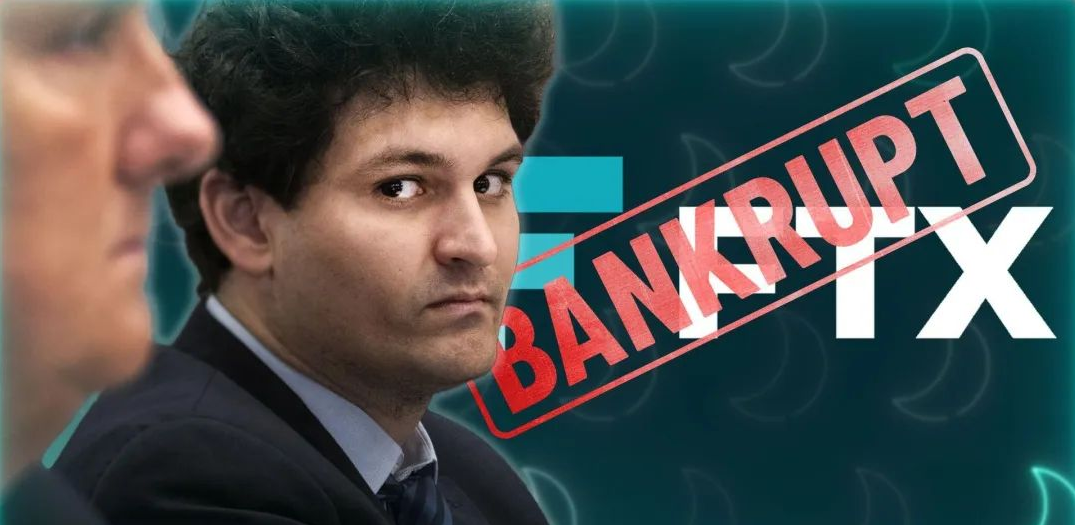Enterprise Ethereum Alliance (EEA) officially releases test network, blockchain era of interoperability is approaching
Today, the Enterprise Ethereum Alliance (EEA) has launched its new testing sandbox, EEA TestNet. This enables enterprise blockchain projects and distributed applications (dApps) to simulate real-world Internet problems, such as low bandwidth or network latency (latency) encountered in some jurisdictions. It also allows the solution to independently verify any scalability metrics it may require, such as transactions per second. The Enterprise Ethereum Alliance (EEA) is a collaborative organization officially established by more than 30 corporate giants such as JP Morgan, Microsoft, and Intel in March 2017, and currently has hundreds of members.

Ultimately early testing will reduce the need for companies to spend a lot of money before launch. EEA Alliance members can use always-on solutions.
EEA TestNet will operate as a pre-certification sandbox that can standardize Ethereum's fork chains based on certain specifications previously established by the EEA, which will make them interoperable with each other. Hundreds of companies are now developing an enterprise version of Ethereum, and a whole new group of industry participants has joined the ranks through Hyperledger's Ethereum version of Besu, with standardization as a priority.
- Using data to review 2019 of decentralized exchanges
- Analysis of Blockchain Concept Stocks | How Long Can Anni Shares Acquire Hot Spots?
- What laws could be violated by launching a 51% attack?
For now, Ethereum-based clients and protocols often cannot communicate with each other. For example, the privacy-centric Ethereum version of Quorum built by large bank JPMorgan cannot be used with Hyperledger Besu, which is designed to run seamlessly across private deployments and public Ethereum mainnets.
EEA Executive Director Ron Resnick said:
"The launch of EEA TestNet is an important milestone in our journey, enabling businesses to provide a superior customer experience and create new and innovative solutions. EEA TestNet takes us one step closer to creating an ecosystem that can take Application availability from a selection of vendors. "
To provide this test network, the EEA has partnered with Los Angeles-based testing company Whiteblock. Although the company has some well-known customers and partners such as ConsenSys, Starkware and Samsung SDS, its main test platform "Whiteblock Genesis" has just launched today.
Zak Cole, the founder and CEO of Whiteblock, also chairs the EEA Testing Working Group. Prior to joining Whiteblock, CTO Antoine Toulme worked for ConsenSys for 18 months. Other members of the working group include ConsenSys, Finality, Intel, JP Morgan Quorum, Microsoft and Standard Chartered Bank.
In addition to performance testing, the Whiteblock platform enables customers to simulate security events (such as denial of service attacks) and provides business intelligence and monitoring.
In addition, today the EEA announced plans to launch a certification program later this year to ensure compliance with EEA standards and enhance customer confidence. Another blockchain alliance, EEA's major competitor, Hyperledger, has launched its certification project last year.
We will continue to update Blocking; if you have any questions or suggestions, please contact us!
Was this article helpful?
93 out of 132 found this helpful
Related articles
- Russian cabinet resigns collectively, domestic bitcoin premium $ 200
- DeFi's Dilemma and Change
- New acquisition + new business, founding member of Libra is accelerating expansion
- More than 70% of the 58 blockchain companies are happy to report that 13 of them are expected to double their net profit
- Observation | To what extent has the blockchain traced its origins?
- 2019 Blockchain Industry Annual Report: Technology Giants and Governments of Big Powers Enter, Blockchain Technology Will Transform the World
- Zhu Jiaming: Blockchain will be the basic structure to rebuild human trust





